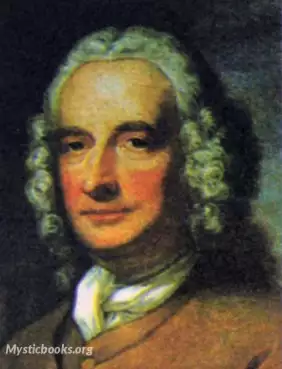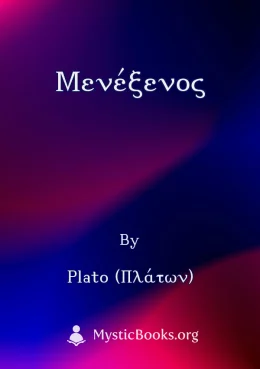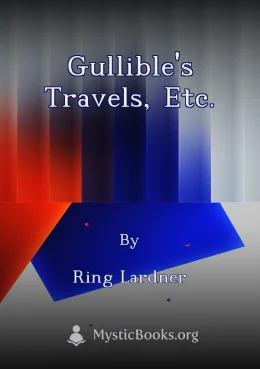
Don Quixote in England
'Don Quixote in England' Summary
Don Quixote in England is a satirical novel by Henry Fielding, first published in 1734. The novel follows the adventures of Don Quixote and Sancho Panza as they travel through England. Along the way, they encounter a variety of characters, including a country squire, a lawyer, a doctor, and a clergyman. Fielding uses these characters to satirize English society and its institutions. The novel begins with Don Quixote and Sancho Panza arriving at an inn in the English countryside. The innkeeper mistakes Don Quixote for a madman, and Sancho for his fool. Don Quixote is determined to prove his sanity by embarking on a series of adventures. He challenges a windmill to a duel, thinking it is a giant. He is defeated, but Sancho convinces him that he was actually fighting a windmill. Don Quixote and Sancho continue their travels, and they soon meet a country squire named Sir Thomas Loveland. Sir Thomas is a kind and hospitable man, but Don Quixote believes that he is a knight errant in disguise. Don Quixote challenges Sir Thomas to a duel, but Sir Thomas refuses. Don Quixote is disappointed, but Sancho convinces him that Sir Thomas is not a knight errant. Don Quixote and Sancho continue their travels, and they soon meet a lawyer named Brief. Brief is a greedy and dishonest man, and Don Quixote believes that he is a sorcerer. Don Quixote challenges Brief to a duel, but Brief refuses. Don Quixote is disappointed, but Sancho convinces him that Brief is not a sorcerer. Don Quixote and Sancho continue their travels, and they soon meet a doctor named Dr. Drench. Dr. Drench is a quack, and Don Quixote believes that he is a poisoner. Don Quixote challenges Dr. Drench to a duel, but Dr. Drench refuses. Don Quixote is disappointed, but Sancho convinces him that Dr. Drench is not a poisoner. Don Quixote and Sancho continue their travels, and they soon meet a clergyman named Mr. Sneak. Mr. Sneak is a hypocrite, and Don Quixote believes that he is a devil. Don Quixote challenges Mr. Sneak to a duel, but Mr. Sneak refuses. Don Quixote is disappointed, but Sancho convinces him that Mr. Sneak is not a devil. Don Quixote and Sancho continue their travels, and they soon meet a beautiful woman named Dorothea. Dorothea is in love with a man named Fernando, but Fernando has abandoned her. Don Quixote believes that Dorothea is a damsel in distress, and he vows to rescue her. Don Quixote and Sancho set out to find Fernando, and they eventually find him in London. Fernando is a cruel and heartless man, and Don Quixote challenges him to a duel. Fernando accepts, and the two men fight. Don Quixote is defeated, but Sancho convinces Fernando to spare his life. Don Quixote and Sancho return to the inn, and they soon meet a group of actors. The actors are performing a play about Don Quixote, and Don Quixote believes that the play is about him. Don Quixote is so flattered by the play that he decides to become an actor. Don Quixote and Sancho join the actors, and they travel to London to perform the play. The play is a success, and Don Quixote becomes a famous actor. He performs the play for the king and queen, and he is knighted by the king. Don Quixote is finally happy, and he lives out the rest of his days as a respected actor.Book Details
Language
EnglishOriginal Language
Published In
Genre/Category
Tags/Keywords
Authors

Henry Fielding
United Kingdom
Henry Fielding was an English novelist and dramatist known for his earthy humour and satire. His comic novel Tom Jones is still widely appreciated. He and Samuel Richardson are seen as founders of the...
Books by Henry FieldingDownload eBooks
Listen/Download Audiobook
- Select Speed
Related books

Μενέξενος by Plato (Πλάτων)
The Menexenus is a Platonic dialogue in which Socrates and a young Athenian named Menexenus engage in a humorous and ironic conversation about funeral...

Comédie Humaine: 08 - Scènes de la vie de province tome 4 (29-07-43) - Illusions perdues by Honoré de Balzac
This volume, part of Balzac's sprawling *Comédie Humaine*, follows the journey of Lucien de Rubempré, a young man from a provincial background who arr...

Old Maids' Club by Israel Zangwill
Mathematics vs. poetry: Brainy and beautiful 17-year-old Lillie, determined to never marry, begins an Old Maids' Club, while patient young Lord Silver...

Gullible's Travels, Etc. by Ring Lardner
Ring Lardner's *Gullible's Travels, Etc.* is a collection of short stories that satirize the pursuit of social status and wealth in American society....

Workhouse Clock by Thomas Hood
Thomas Hood's 'Workhouse Clock' is a poignant and powerful poem that depicts the harsh realities of life in a Victorian workhouse. Written with stark...

Birthplace by Henry James
In "Birthplace," Henry James explores the delicate balance between historical truth and manufactured myth. Mr. Gedge, a man of reason and skepticism,...

Diablo Cojuelo by Luis Vélez de Guevara
El Diablo Cojuelo, un ingenioso diablo que se encuentra confinado en una redoma, es liberado por un estudiante fugitivo llamado Don Cleofás. En agrade...

Monsieur Beaucaire by Booth Tarkington
Monsieur Beaucaire is a charming and witty novel that tells the story of a French nobleman, disguised as a barber, who finds himself entangled in the...

Auswahl aus Die Leute von Seldwyla by Gottfried Keller
This collection of novellas by Gottfried Keller follows the lives of diverse individuals in the fictional Swiss village of Seldwyla. Through sharp wit...

"But Gentlemen Marry Brunettes" by Anita Loos
In this witty and humorous sequel to "Gentlemen Prefer Blondes", Lorelei Lee continues to document her and Dorothy Shaw's misadventures in their quest...
Reviews for Don Quixote in England
No reviews posted or approved, yet...